Question And Answer
Publications
Articles, publications, books, tools and multimedia features from the U.S. Institute of Peace provide the latest news, analysis, research findings, practitioner guides and reports, all related to the conflict zones and issues that are at the center of the Institute’s work to prevent and reduce violent conflict.
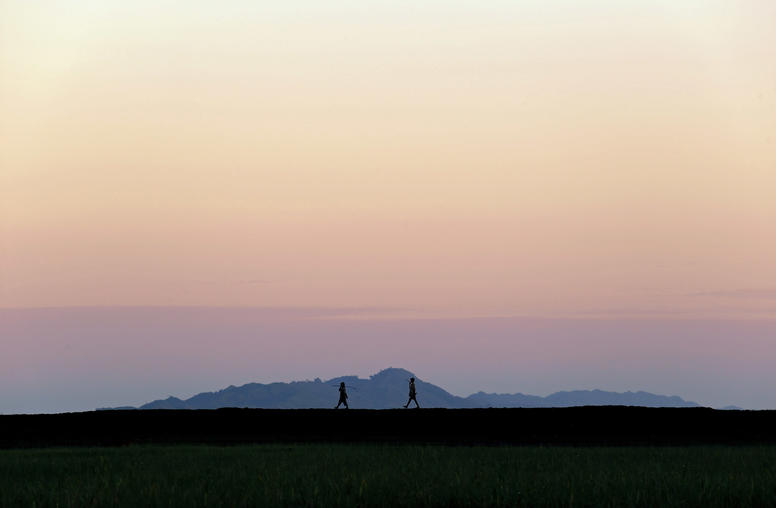
The Religious Landscape in Myanmar’s Rakhine State
This Peaceworks report maps the religious landscape of Myanmar’s Rakhine State, focusing in particular on the current and potential influence of religion in peace and reconciliation efforts. Part of a broader USIP initiative to map the religious landscape in conflict-affected environments, it presents key findings and offers recommendations to enable policymakers and peacebuilding practitioners to better navigate and engage within Rakhine’s religious landscape.
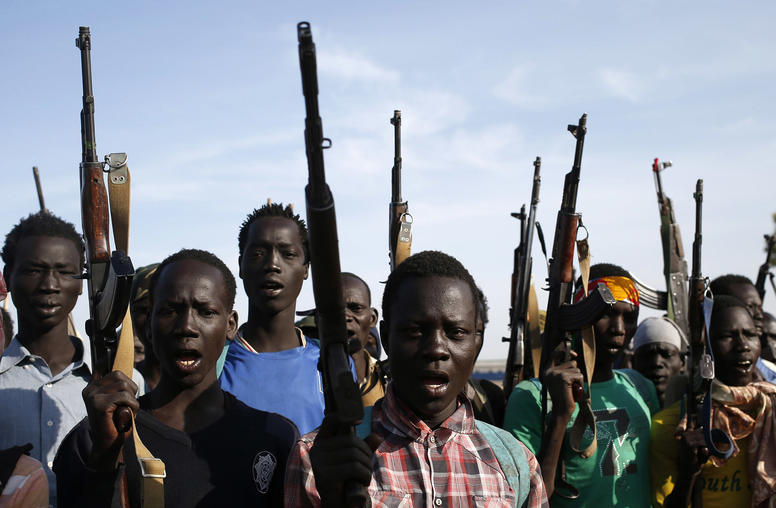
Ceasefire Monitoring in South Sudan 2014–2019: “A Very Ugly Mission”
More than five years after South Sudan’s first ceasefire agreement, ceasefire monitors are still on the ground. The hope was that their work would help overcome the mistrust between rival factions, halt ongoing violence, and deter further violations. Drawing on interviews with monitors, combatants, politicians, civil society representatives, diplomats, peacekeepers, and others, this report examines the history of ceasefire monitoring in South Sudan and offers recommendations for donors supporting future monitoring processes in South Sudan and elsewhere.
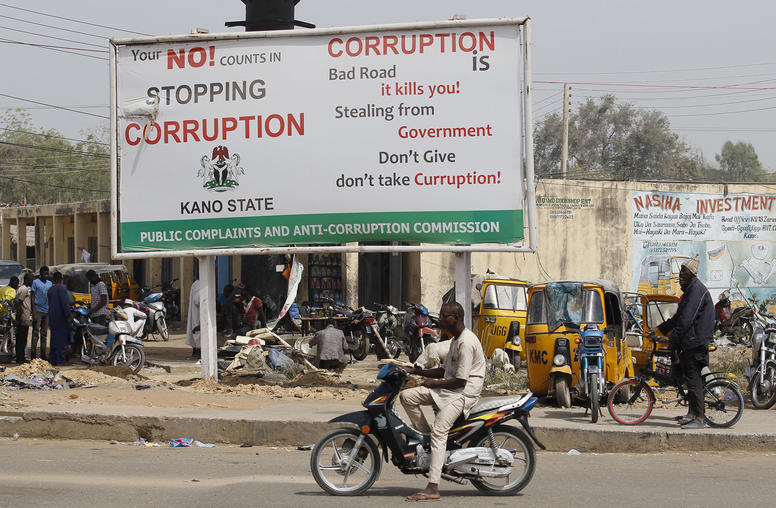
Donor Assistance in the Transparency and Accountability Movement
Focusing on transparency and anti-corruption issues, this report discusses the findings from a series of participatory workshops and more than seventy interviews with social movement actors and organizations in Kenya, Nigeria, and Ukraine. It looks at the different ways social movement actors in these countries were influenced by foreign financial support and training, including in terms of the goals they set, the tactics and activities they pursue, and whether receiving foreign support compromises their legitimacy with their domestic constituents.

Local Cross-line Coordination in Syria
Throughout the eight-year-long conflict in Syria, the movement of people and goods—including vital foodstuffs, medicines, equipment, and fuel—has often been severely restricted by periods of prolonged fighting. Yet in many areas, local arrangements, historical circumstances, and key actors have facilitated trade and movement across the lines of conflict. This report examines four cross-line areas in Syria and draws lessons for how these local dynamics might affect the resolution of the larger conflict and these communities in the long term.
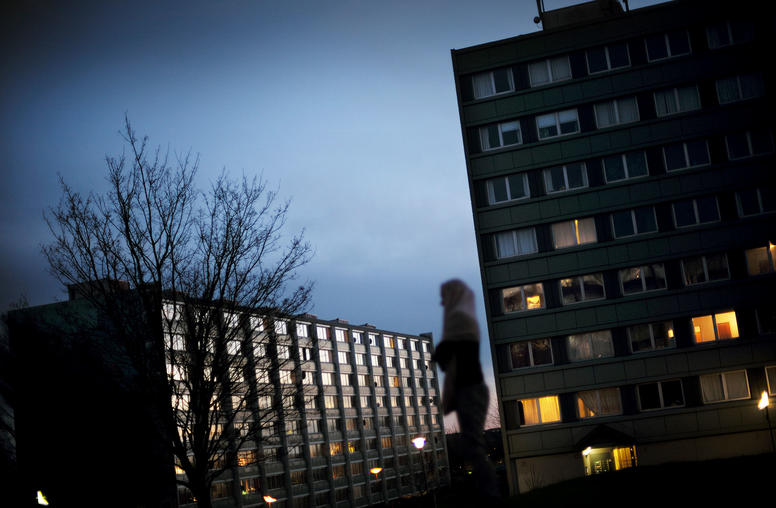
Violent Extremist Disengagement and Reconciliation: A Peacebuilding Approach
Existing efforts to disengage people from violent extremism are derived from security imperatives rather than from a peacebuilding ethos. This report—one of a series to be published by USIP’s program on violent extremism—presents a framework through which peacebuilders can foster disengagement from violent extremism and reconciliation between those disengaging and affected communities by examining the individual, social, and structural dynamics involved.
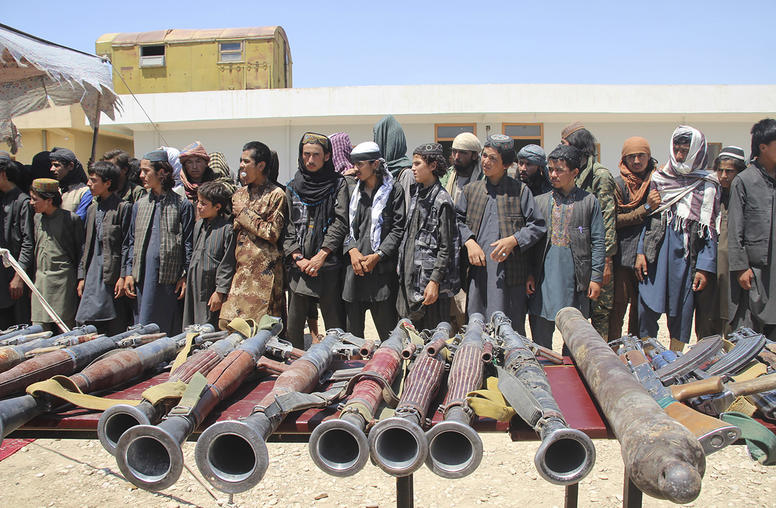
Bourgeois Jihad: Why Young, Middle-Class Afghans Join the Islamic State
Ever since the Islamic State in Khorasan Province emerged in Afghanistan in 2015, policymakers and security forces have regarded it as an “imported” group that can be defeated militarily. This approach, however, fails to take into account the long-standing and complex historical and sociological factors that make the group’s ideology appealing to young, urban Afghan men and women. Based on interviews with current and former members of ISKP, this report documents the push and pull factors prompting a steady stream of young Afghans to join and support ISKP.
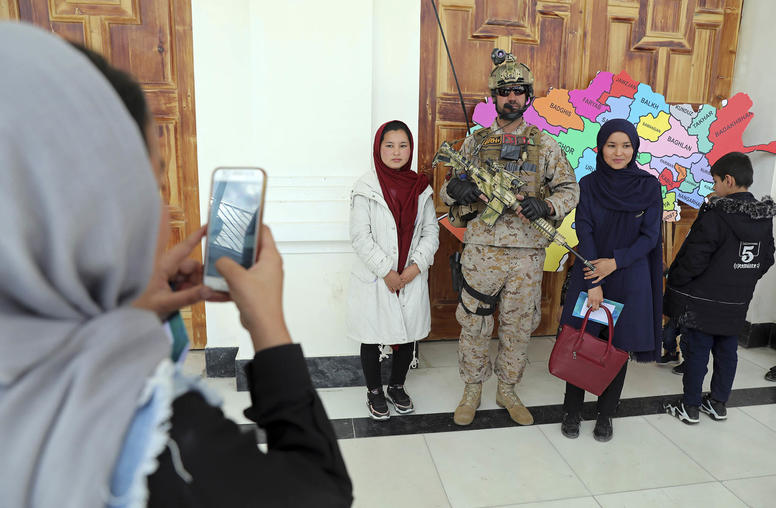
“No Going Backward”: Afghanistan’s Post–Peace Accord Security Sector
Failure to plan realistically for needed changes in Afghanistan’s security sector following a peace settlement—and failure to start phasing in changes now—will lead to post-settlement instability. This report examines the particular challenges Afghanistan will face, with examples from the climate following peace settlements in other parts of the world offering insight into what may occur and possibilities for response.
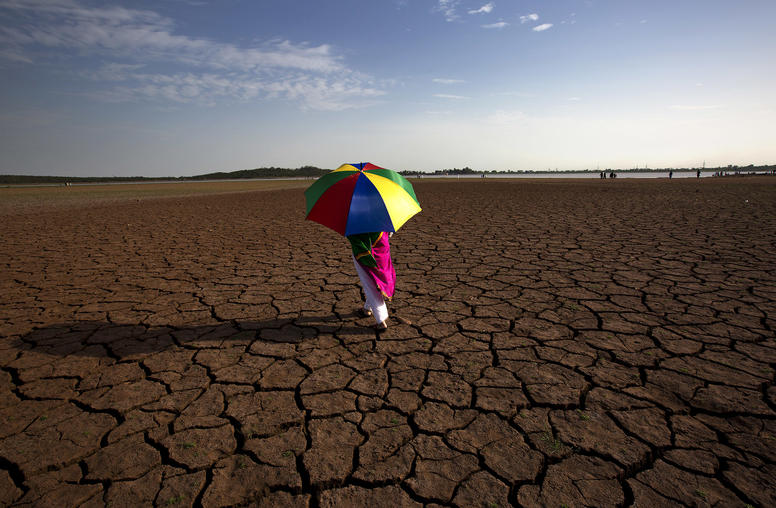
Water Conflict Pathways and Peacebuilding Strategies
No modern states have ever declared war over water. In fact, nations dependent on shared water sources have collaborated far more frequently than they have clashed. Nevertheless, global surveys have counted over forty hostile, militarized international actions over water—from riots to border skirmishes to larger battles—in the first six decades after World War II. This report reviews the pathways that link water resource pressures to conflict risks and describes how peacebuilding strategies such as water diplomacy can help mitigate these risks.
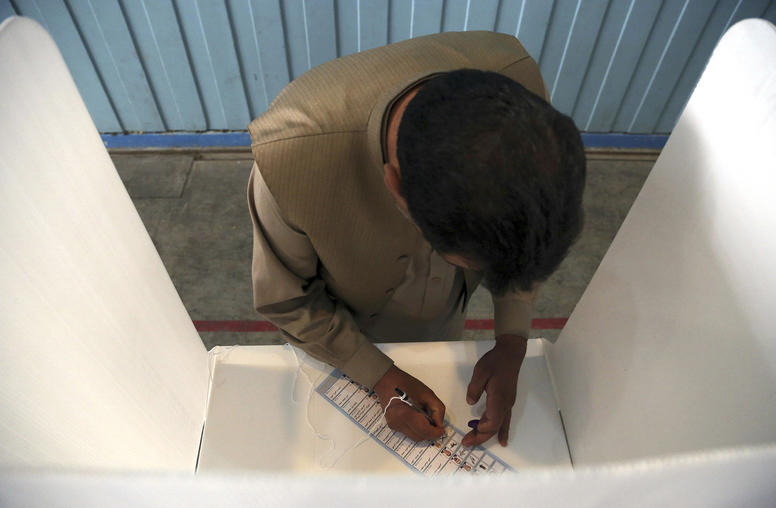
Assessing Afghanistan’s 2019 Presidential Election
Afghanistan’s current electoral system structures Afghan political dynamics, shapes election-day outcomes, and influences competition between organized interest groups in Afghanistan. Drawing on a unique set of results data from the September 2019 presidential election and past elections, this report analyzes where and how prospective Afghan voters were able to participate in the 2019 polls, the decision making behind and adjudication of disputes over which votes would be counted as valid, and how the available results compare with political trends evident in prior elections.
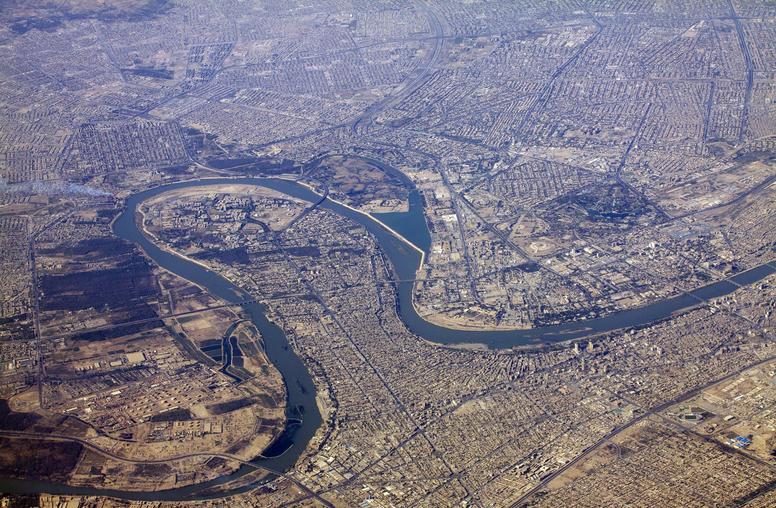
Engaging the Post-ISIS Iraqi Religious Landscape for Peace and Reconciliation
Religious actors in Iraq wield considerable influence, and Iraqis perceive them as playing an important role in moving the country toward peace. This report analyzes the influence of Iraq’s religious actors—who has it, why they have it, and how they exercise it—to illuminate their crucial role in supporting peace and reconciliation efforts and to help policymakers and practitioners understand how to engage them in efforts to advance peace.